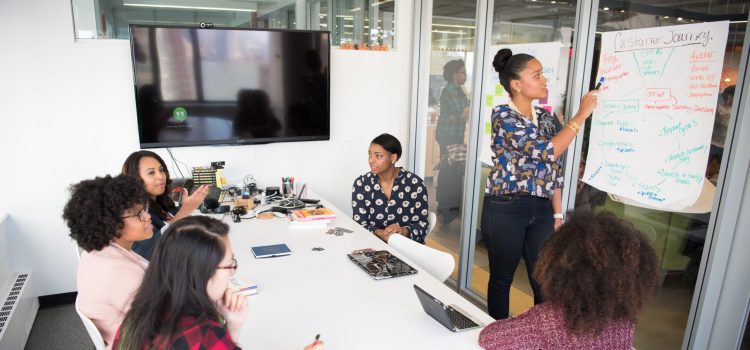Why are more employers abandoning college degree requirements? What are the pros and cons of eliminating them? Is college necessary for a successful future? A growing number of public and private sector employers in the US are dropping college degree requirements for job seekers. Human resources experts say that, in the years ahead, successful companies will reduce requirements that narrow talent pools and hire candidates with evergreen “soft skills.” Here’s a look at the pros and cons of eliminating college degree requirements.
Is College Necessary for a Successful Future?










